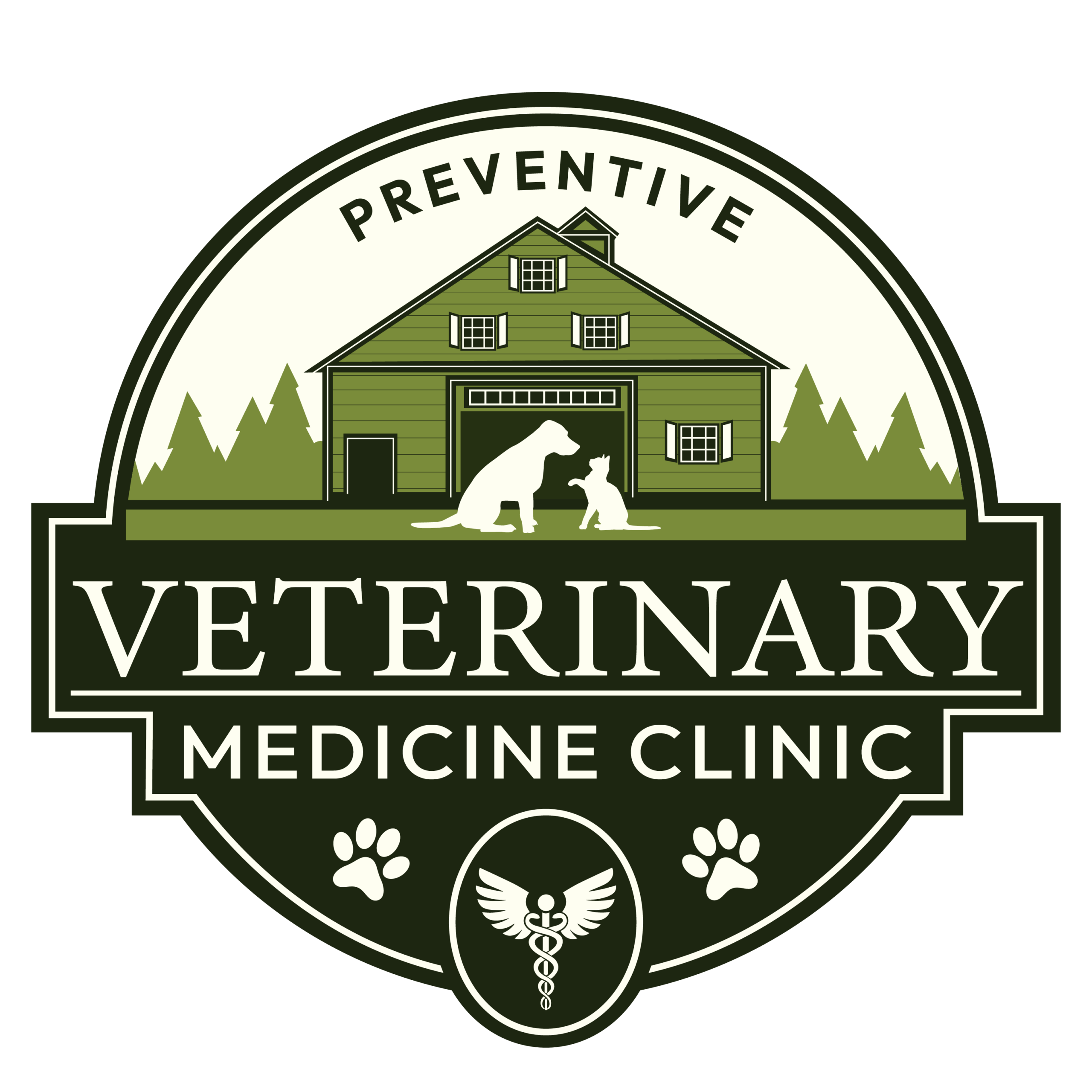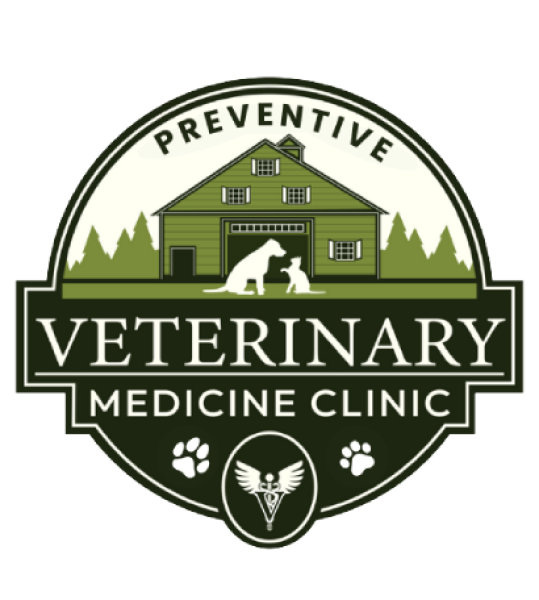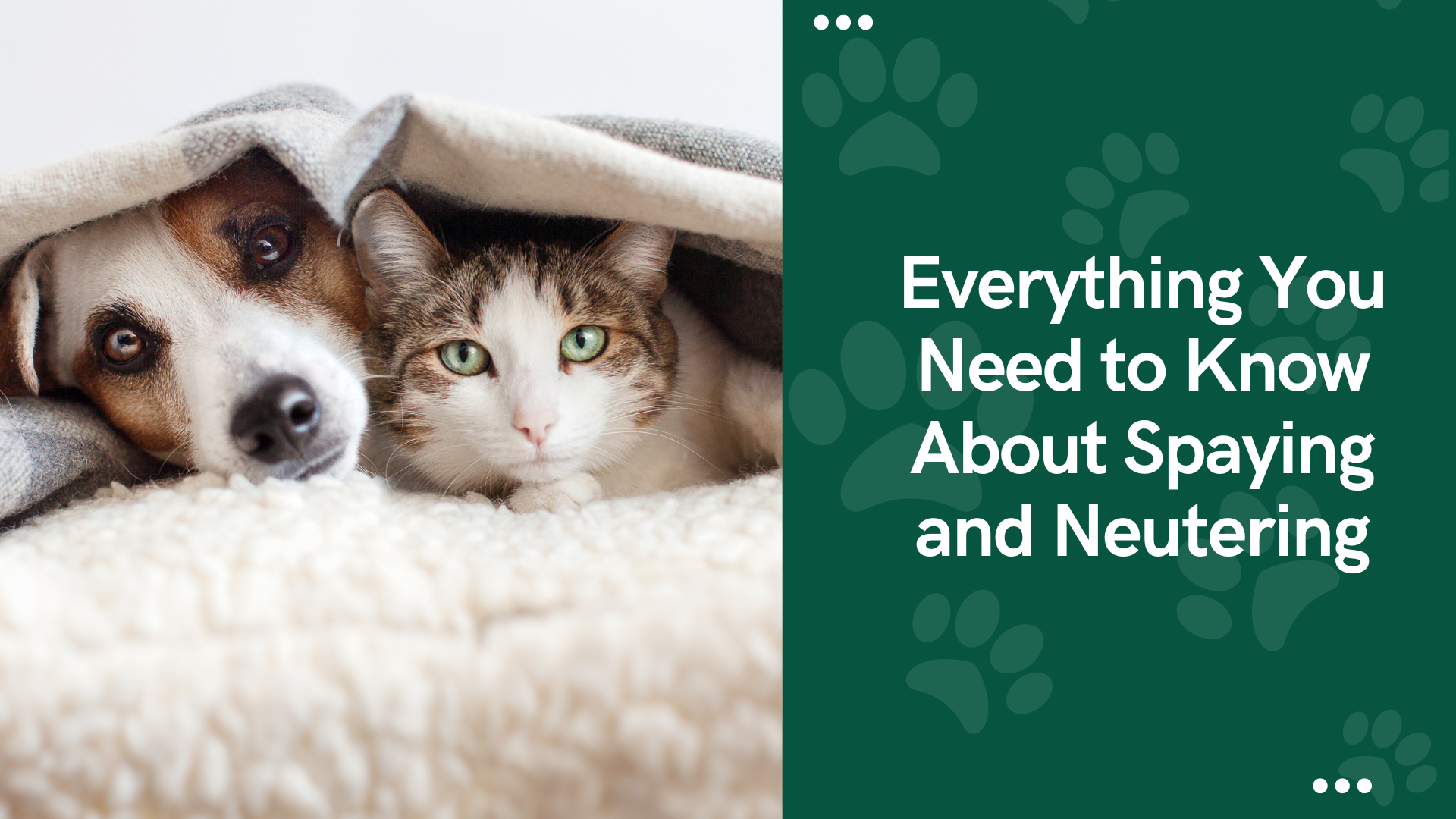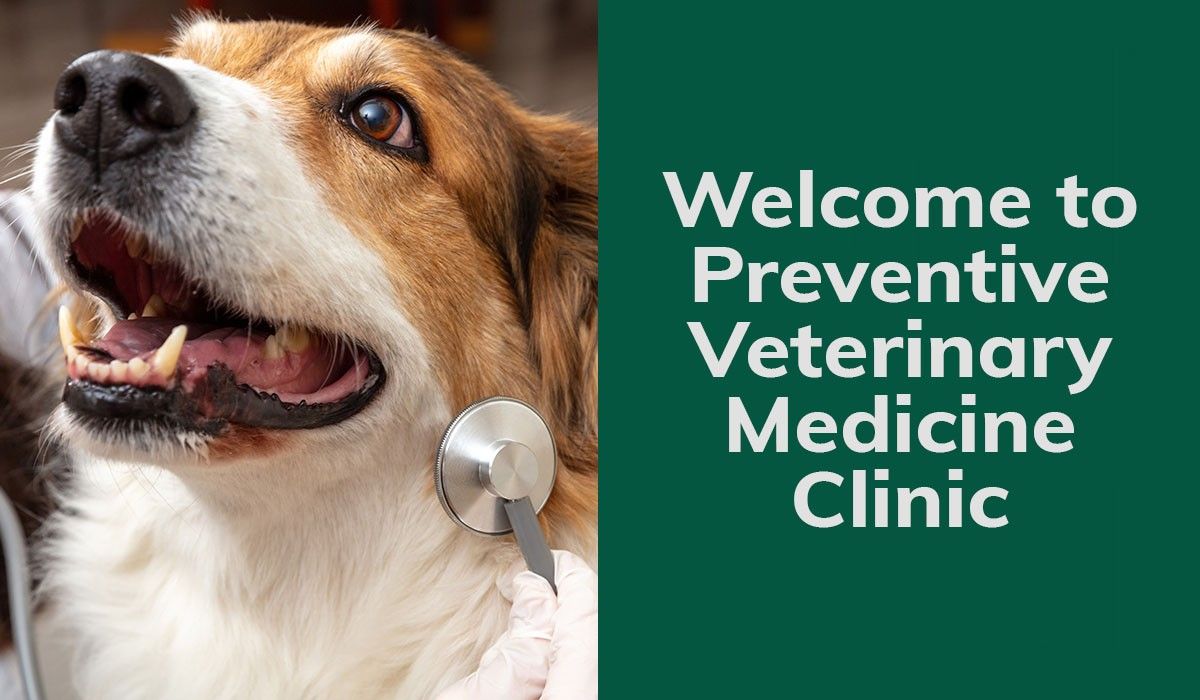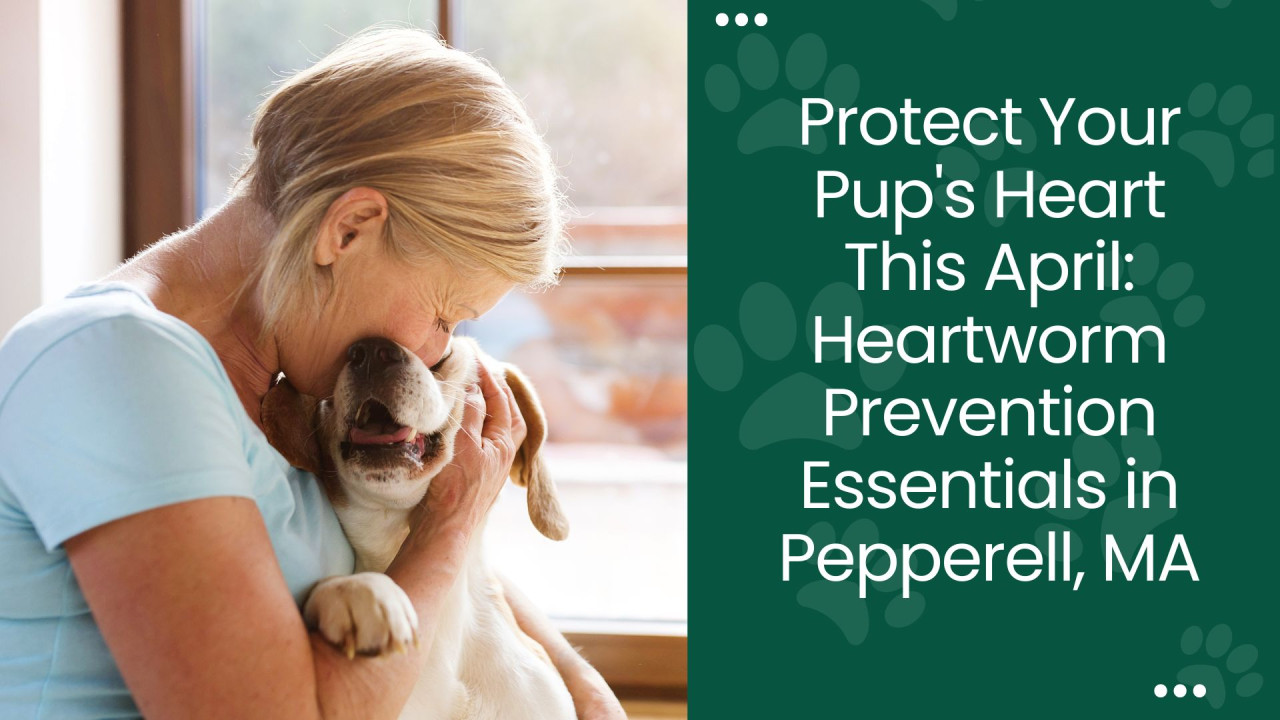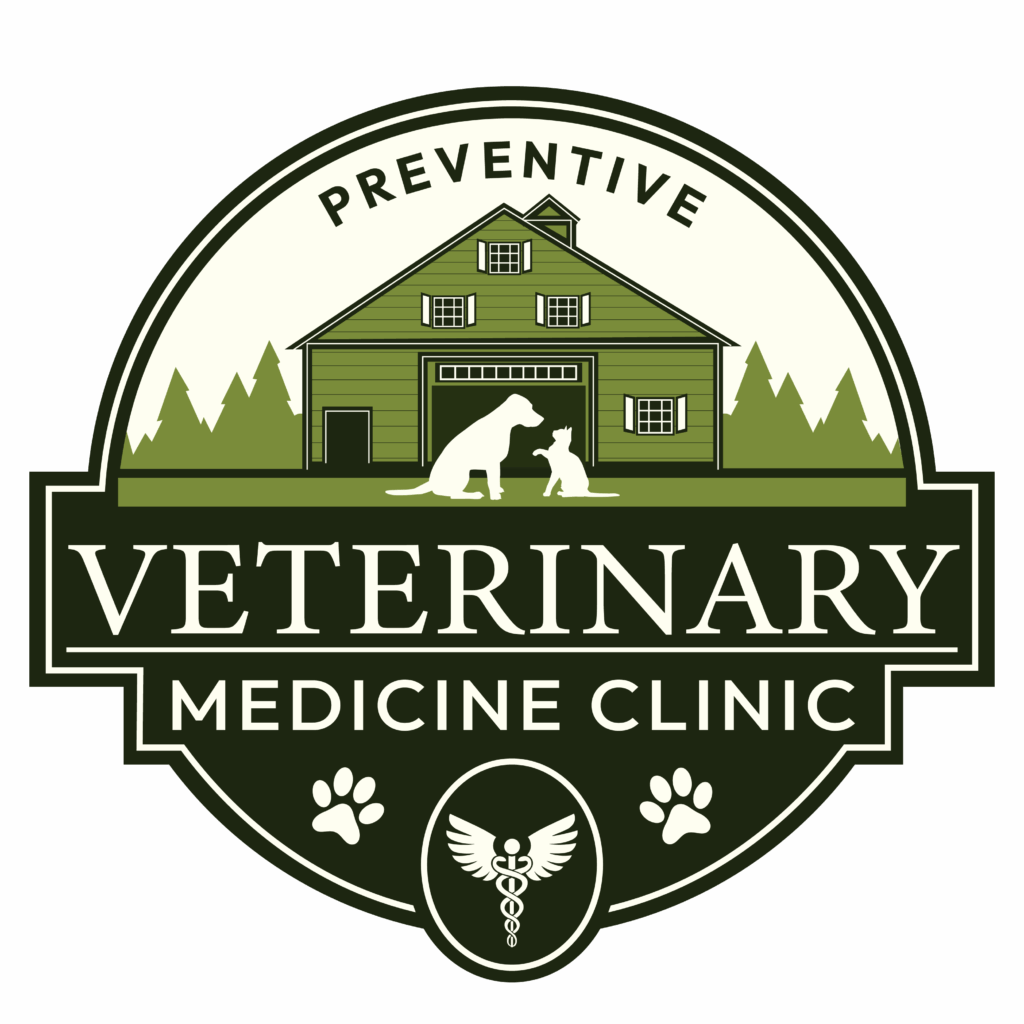Spaying and neutering are essential procedures that every pet owner should consider for the health and well-being of their furry companions. These surgical procedures not only help control the pet population but also offer numerous health benefits that can lead to a longer, happier life for your pet. By preventing unwanted litters, spaying and neutering reduce the number of homeless animals and decrease the burden on animal shelters. Furthermore, these procedures can mitigate various behavioral issues associated with mating instincts. Understanding the importance, health benefits, and process of spaying and neutering will empower pet owners to make informed decisions about their pets’ care.
Importance of Spaying and Neutering
Spaying and neutering are crucial procedures that offer significant benefits for pets and the community. Firstly, they help control the pet population, reducing the number of unwanted litters and ultimately decreasing the number of animals in shelters. This population control helps lower euthanasia rates and the burden on animal shelters. Additionally, these procedures address various behavioral issues in pets, such as:
- Roaming: Unaltered pets often roam in search of a mate, which can lead to accidents or getting lost.
- Aggression: Spaying and neutering can reduce aggressive behaviors that are linked to hormonal changes.
- Marking Territory: Neutered pets are less likely to mark their territory with urine, making them more suitable for indoor living.
Beyond population control and behavior management, spaying and neutering contribute to community health by preventing the spread of diseases that can be transmitted through mating. This not only protects other animals but also reduces the risk of zoonotic diseases, which can affect humans. By choosing to spay or neuter your pet, you are making a responsible decision that benefits your pet, other animals, and the community as a whole. Understanding these key points highlights the importance of these procedures and encourages responsible pet ownership.
Health Benefits for Pets
Spaying and neutering offer numerous health benefits that significantly contribute to the longevity and well-being of pets. For female pets, spaying eliminates the risk of uterine infections and significantly reduces the chances of developing breast tumors, which are malignant in approximately 50% of dogs and 90% of cats. This procedure also prevents the discomfort and complications associated with heat cycles.
For male pets, neutering prevents testicular cancer and lowers the risk of prostate problems, which can become severe as pets age. The reduction in testosterone levels also means a decrease in aggressive behaviors and a lowered desire to roam, which can lead to accidents or encounters with other animals.
Additional health benefits include:
- Reduced Risk of Infections: Spaying and neutering prevent infections of the reproductive organs, which can be life-threatening if not treated.
- Behavioral Improvements: Pets are generally calmer and less likely to engage in behaviors driven by mating instincts, such as mounting and territorial aggression.
- Overall Well-being: The reduction in certain cancers and infections leads to a healthier, happier pet with a potentially longer lifespan.
These health benefits make spaying and neutering a crucial aspect of responsible pet ownership, ensuring that pets not only live longer but also enjoy a better quality of life.
Understanding the Procedure and Recovery
Spaying and neutering are common surgical procedures performed by veterinarians to ensure pets live healthier lives. Spaying involves removing the ovaries and uterus in female pets, while neutering involves removing the testicles in male pets. These surgeries are typically straightforward and performed under general anesthesia, ensuring that pets do not experience pain during the procedure.
Before the Procedure: Your veterinarian will conduct a thorough health check to ensure your pet is fit for surgery. Pets are usually required to fast for 12 hours before the surgery to prevent complications during anesthesia.
During the Procedure: Pets are placed under general anesthesia to ensure they are unconscious and pain-free. The veterinarian makes a small incision to remove the reproductive organs, which is then sutured closed.
Post-Surgery Care: Pets should be monitored closely for the first 24 hours after surgery. Signs of pain or infection should be reported to the veterinarian immediately. To prevent complications, pets should avoid vigorous activity and rough play for at least 10-14 days.
Follow-Up Visit: A follow-up appointment may be scheduled to ensure proper healing and remove any sutures if necessary.
By understanding the spaying and neutering process and following the post-operative care instructions, pet owners can help their pets recover quickly and comfortably, ensuring the best outcomes for their beloved companions.
Secure Your Pet’s Health Today
Spaying and neutering your pets offer significant benefits for their health and the community. These procedures, performed at Preventive Veterinary Medicine Clinic in Pepperell, MA, not only help control the pet population but also prevent various health issues, leading to a longer, healthier life for your pets. By addressing common behavioral problems and reducing the risk of certain cancers and infections, spaying and neutering contribute to a more harmonious home environment. If you are in Pepperell or nearby cities like Dunstable, Townsend, Lunenburg, Groton, or Westford, consider scheduling an appointment with our experienced veterinarians. Ensure your pet’s well-being by booking an appointment today.
